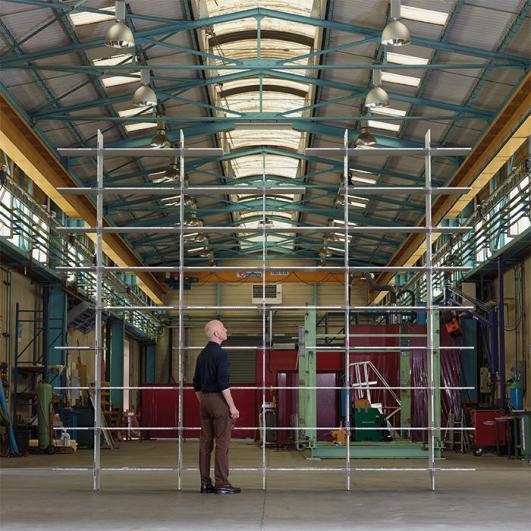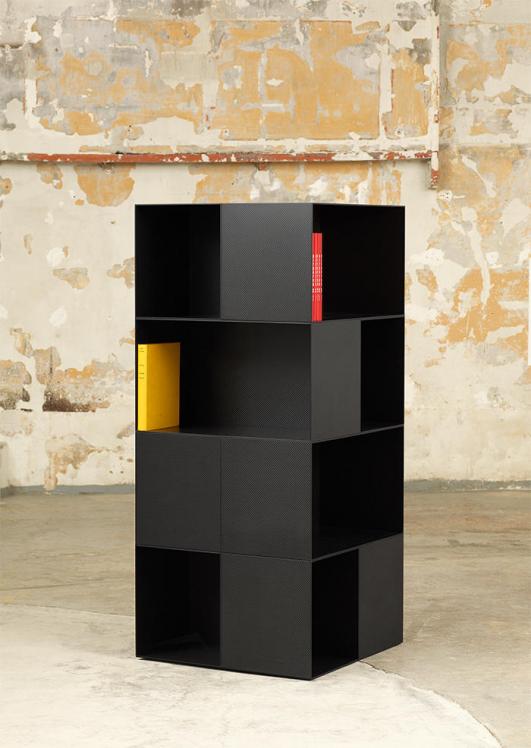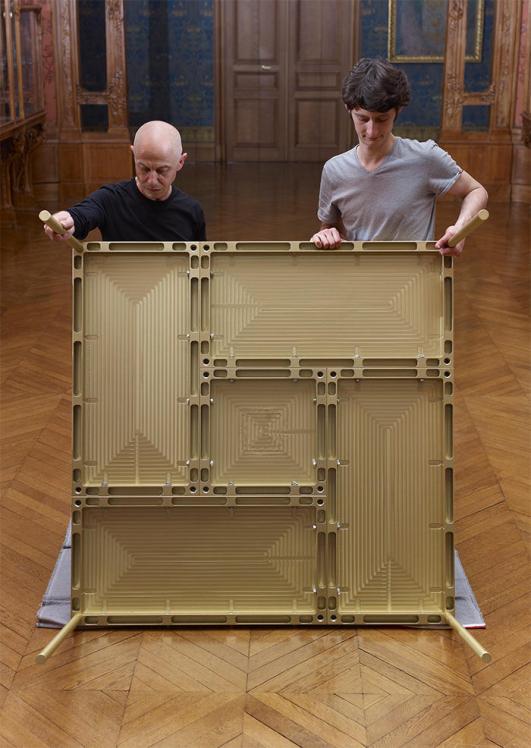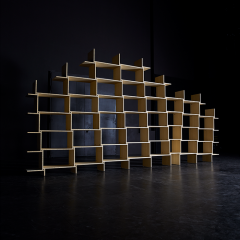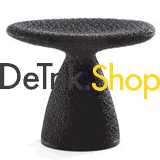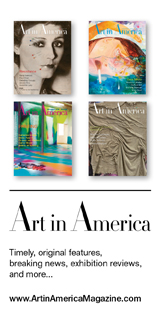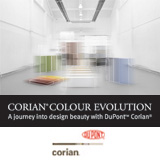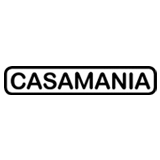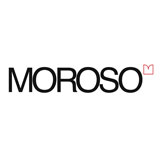Construction - Martin Szekely at The musée des Arts Décoratifs et du Design
extended to october 7, 2018
The musée des Arts Décoratifs et du Design (madd-bordeaux) has invited the designer Martin Szekely to show his work in its new exhibition space, a former jail located behind the hôtel de Lalande. The event will o er the public an opportunity to discover some 40 pieces by the designer, united under the theme of “construction.” Created between 1996 and 2018 (the most recent, The Drawers and I, is still in the production process as of this writing and will be seen at the museum for the rst time), these objects and pieces of furniture seem to reinvent their own composition: all are the result of a structural challenge.
For Martin Szekely, construction is the very essence of the designer’s profession:
“I perceive my activity from the point of view of the builder and the use that will be made of what I build, which by de nition involves the users, their bodies and their environment. Involving the user necessarily evokes the history of modes of use. And building – which is the role of the designer, as opposed to the artist, for whom ideas alone can su ce – evokes the history of structures and their underlying technologies.”
Experimenting with all materials, both new and traditional, Martin Szekely approaches each project as a fresh start, a re-examination. His pieces shed light on physical principles that question our relation to the material world. Within the space, his furniture and objects reveal their mathematical precision, the result of experiments in balance based on the data of mass, gravity and the interaction of forces, most often imperceptible to the naked eye.
His creative thinking correlates to a quest for simpli cation in order to approach, with care and caution, the limit state of the materials. In this process of reduction, even of deletion, the designer tends toward a minimal structural con guration. The pieces seem simple and obvious, with a universal dimension. Martin Szekely sees this concept of the minimum, whether visual or structural, as something that can be shared by everyone.
The works on view – all conceived for practical use – adapt perfectly to the jail, not merely occupying the space but making it their own. Simpli ed in the extreme, they unveil the very quintessence of their form, allowing a hidden dimension to emerge.
The goal of the exhibition is to present, through a historical and thematic e ort, the singular path pursued by this major designer.
